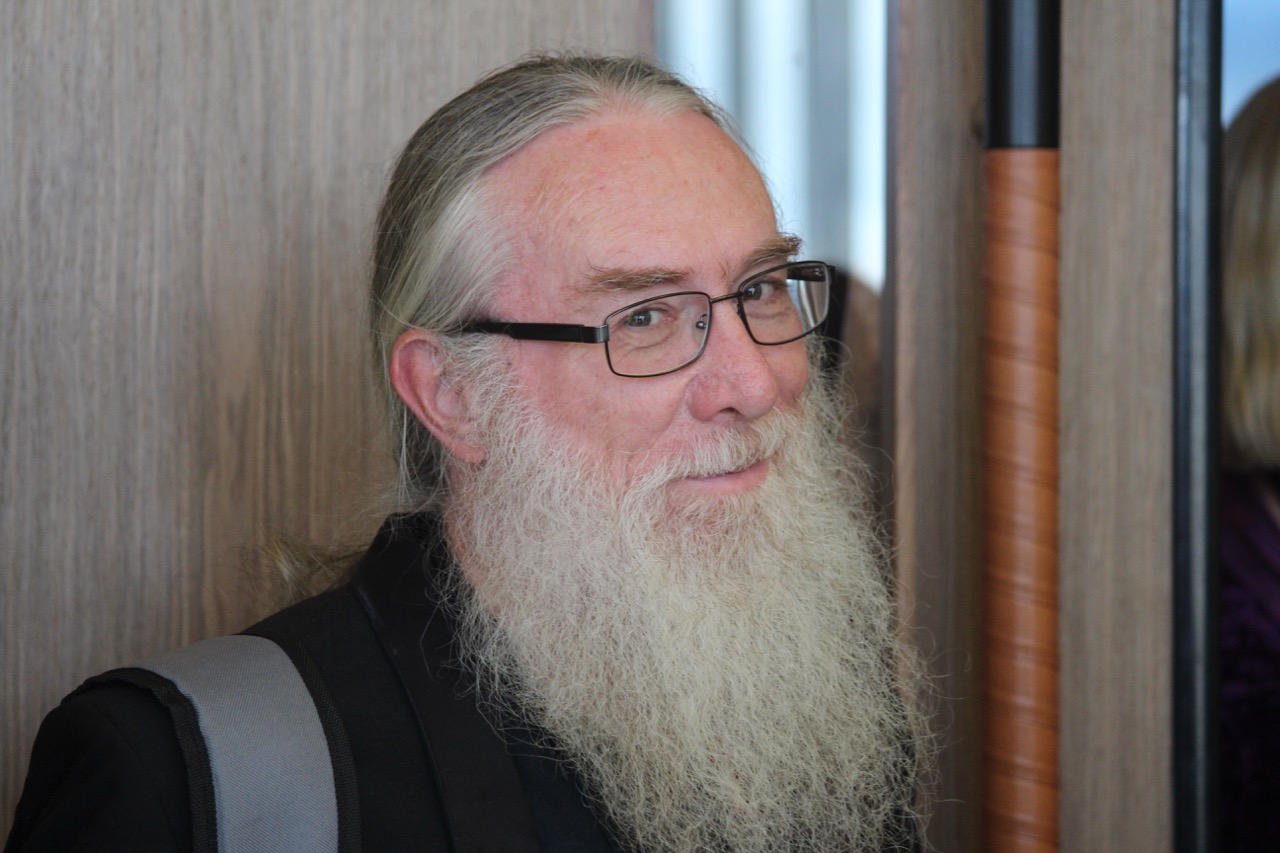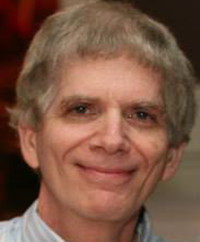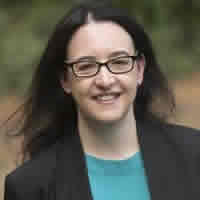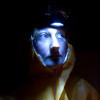By J.S. O’Keefe
A year ago I didn’t know the first thing about futurology, and would’ve seriously doubted such a word could ever make it into the English vocabulary. But then I watched a PBS program on the “study of the future.” I can’t tell if it was the mesmerising narration or the perfectly scripted story, but after ninety short minutes I was hooked.
Simply put, futurology attempts to forecast what lies ahead by analysing current trends. After thousands of years searching in vain for divine inspiration or the summit of human intuition, mankind now has the ability to foretell the future with reasonable certainty based on patterns and logics. Futurology also casts a wide net as it tries to prophesize changes in economy, technology, society and world politics.
Not ashamed to admit, systematic prognostication has become a hobby of mine if not a true passion. It started with reading any written material on the subject I could find; The World in 2050 by Hamish McRae was the first in a series of books I bought on Amazon or borrowed from the New York Public Library. Soon books on tape, never my favourite before, turned into a significant part of my cultural life, as even while driving I wanted to be upskilled by the top experts. And lately, my avocation has gotten more expensive.
Last Saturday, for example, I shelled out three hundred dollars for one of those notorious west balcony seats in Madison Square Garden to attend Dr. Paul Aldersey’s (University of Cambridge) presentation. Not my first trip to the Kilimanjaro of all rear seats, I brought my aunt’s theatre binoculars with me.
In lieu of greeting the audience or introducing himself, Aldersey jumped right into it, thundering, “Why is a raven like a writing desk?” Then he folded his arms and lowered his head. The great scholar seemed to have fallen in a stupor.
Looking at the people around me, they were awestruck. One thing, some of them probably didn’t know or didn’t remember that the line was from Alice’s Adventures in Wonderland. Also, nothing propels an inquisitive mind more quickly into overdrive than an absurd statement made by a world-renowned genius. There was electricity in the air, palpable excitement that something truly fantastic was going to be announced, possibly for the first time in public.
Aldersey unfolded his arms and continued, “In the last twenty years poring over the greatest thinkers’s writings and interacting with the best brains currently living, I’ve come to the conclusion that until this simple riddle is solved to satisfaction we cannot rationally expect to tackle other, admittedly more pressing, issues humanity faces. Why is a raven like a writing desk? The choice before us is straightforward, we either strive to decipher the puzzle or give up completely.”
Then he walked off the podium.
Uneasy silence fell on the Garden. Was that supposed to be a dramatic introduction or was that it, the whole presentation? I thought, yes, the son-of-a-bitch was going to pocket a sizable honorarium for a one-minute performance, piggybacking on Lewis Carroll’s work. I could tell, though, most people were still hoping Aldersey would return and dig deeper in the subject.
Once it became clear that as far as the despicable bastard was concerned his work for the day was done, the audience became noisy and furious. As if on command, they stormed the ticket office en masse demanding full refund.
I didn’t bother. The time had come to give up.
![]()
About the Author
John O’Keefe
 J. S. O’Keefe is a scientist, trilingual translator and writer.
J. S. O’Keefe is a scientist, trilingual translator and writer.
His short stories and poems have been published in Roi Faineant, Scribes*MICRO, Every Day Fiction, AntipodeanSF, 101 Words, Microfiction Monday, 50WS, Friday Flash Fiction, Medium, Paragraph Planet, 6S, WENSUM, Spillwords, Satire, etc.
You can find out more at his website: <https://www.szjohnny.net/>















 Barry Yedvobnick is a recently retired Biology Professor. He performed molecular biology and genetic research, and taught, at Emory University in Atlanta for 34 years. He is new to fiction writing, and enjoys taking real science a step or two beyond its known boundaries in his
Barry Yedvobnick is a recently retired Biology Professor. He performed molecular biology and genetic research, and taught, at Emory University in Atlanta for 34 years. He is new to fiction writing, and enjoys taking real science a step or two beyond its known boundaries in his Emma Louise Gill (she/her) is a British-Australian spec fic writer and consumer of vast amounts of coffee. Brought up on a diet of English lit, she rebelled and now spends her time writing explosive space opera and other fantastical things in
Emma Louise Gill (she/her) is a British-Australian spec fic writer and consumer of vast amounts of coffee. Brought up on a diet of English lit, she rebelled and now spends her time writing explosive space opera and other fantastical things in
 Alistair Lloyd is a Melbourne based writer and narrator who has been consuming good quality science fiction and fantasy most of his life.
Alistair Lloyd is a Melbourne based writer and narrator who has been consuming good quality science fiction and fantasy most of his life. Merri Andrew writes poetry and short fiction, some of which has appeared in Cordite, Be:longing, Baby Teeth and Islet, among other places.
Merri Andrew writes poetry and short fiction, some of which has appeared in Cordite, Be:longing, Baby Teeth and Islet, among other places. My time at Nambucca Valley Community Radio began back in 2016 after moving into the area from Sydney.
My time at Nambucca Valley Community Radio began back in 2016 after moving into the area from Sydney. Ed lives with his wife plus a magical assortment of native animals in tropical North Queensland.
Ed lives with his wife plus a magical assortment of native animals in tropical North Queensland. Sarah Jane Justice is an Adelaide-based fiction writer, poet, musician and spoken word artist.
Sarah Jane Justice is an Adelaide-based fiction writer, poet, musician and spoken word artist. Chuck McKenzie was born in 1970, and still spends much of his time there.
Chuck McKenzie was born in 1970, and still spends much of his time there. Tara Campbell is an award-winning writer, teacher, Kimbilio Fellow, fiction co-editor at Barrelhouse, and graduate of American University's MFA in Creative Writing.
Tara Campbell is an award-winning writer, teacher, Kimbilio Fellow, fiction co-editor at Barrelhouse, and graduate of American University's MFA in Creative Writing. Tim Borella is an Australian author, mainly of short speculative fiction published in anthologies, online and in podcasts.
Tim Borella is an Australian author, mainly of short speculative fiction published in anthologies, online and in podcasts.
 Mark is an astrophysicist and space scientist who worked on the Cassini/Huygens mission to Saturn. Following this he worked in computer consultancy, engineering, and high energy research (with a stint at the JET Fusion Torus).
Mark is an astrophysicist and space scientist who worked on the Cassini/Huygens mission to Saturn. Following this he worked in computer consultancy, engineering, and high energy research (with a stint at the JET Fusion Torus). Geraldine Borella writes fiction for children, young adults and adults. Her work has been published by Deadset Press, IFWG Publishing, Wombat Books/Rhiza Edge, AHWA/Midnight Echo, Antipodean SF, Shacklebound Books, Black Ink Fiction, Paramour Ink Fiction, House of Loki and Raven & Drake
Geraldine Borella writes fiction for children, young adults and adults. Her work has been published by Deadset Press, IFWG Publishing, Wombat Books/Rhiza Edge, AHWA/Midnight Echo, Antipodean SF, Shacklebound Books, Black Ink Fiction, Paramour Ink Fiction, House of Loki and Raven & Drake